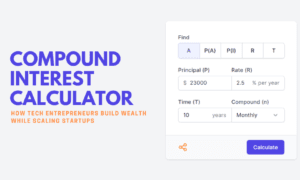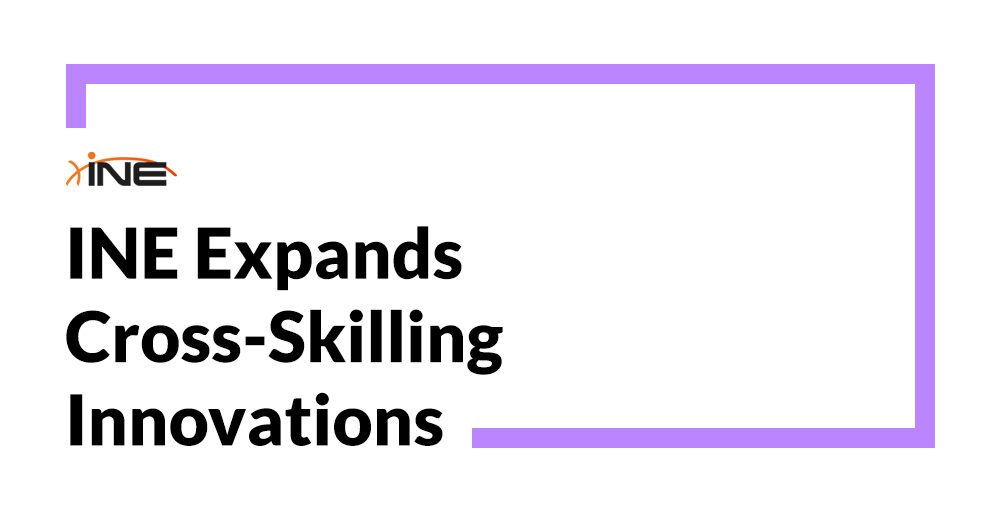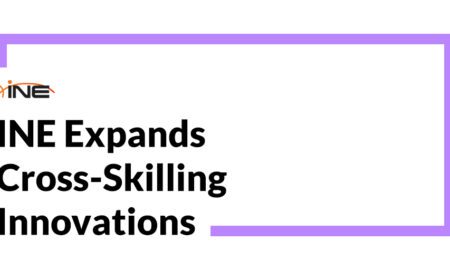There is no doubt that AI is having a significant effect on our world. In fact, it is predicted that within the next three years, agentic AI usage in enterprise software will jump to 33%.One of the areas that AI has been having a notable impact is in healthcare. Healthcare AI agents are AI programs that can work independently to complete tasks for users or another agent. They can be considered chatbots, automated systems, and digital employees, but they are capable of much more. This includes fulfilling duties without the need of human supervision and improving outputs based on performance feedback.
It is becoming more common to see AI aiding front- and back-office functions, streamlining repetitive administrative workflows that have been using up a lot of staff time and resources.The technology is being used to help with insurance verification, prior authorization for medical necessity, payer correspondence, benefits verification, document indexing, and medication refill processing. Healthcare AI is different from standard AI systems trained on public datasets as it is specifically designed to handle sensitive patient records while maintaining strict compliance with privacy and security regulations such as HIPAA.
AI agents in healthcare
In 2024, at least three in five physicians stated they are already embracing AI agents in healthcare in daily practice. The most immediate value that many claim AI agents provide is in alleviating administrative burdens, allowing staff to direct more of their attention and time towards patient care. One example of healthcare AI is autonomous insurance verification agents that are mainly used to extract and decipher data from insurance cards, referral orders, and requisition forms. These agents can quickly identify payers and confirm benefits immediately from card images. They can also provide an estimate of out-of-pocket costs for patients without any human intervention.
Enhanced benefit verification agents use payer portals to gather service-specific requirements. This helps reduce claim denials tied to missing data while ensuring providers remain within network. With insurance discovery agents, they can locate hidden payment coverages using only basic patient demographics without any additional information. This makes it possible to quickly rectify denials related to incorrect coverage while eliminating the need for manual insurance searches and calls to patients.
With prior authorization automation agents, the prior authorization process can be fully automated from beginning to end. These agents remove the need for payer guideline spreadsheets and manual follow-up while speeding up the time needed to process submissions. This also removes the costs needed for staff retraining whenever payer rules change.
The document processing workflow automation agents are beneficial as well, having the ability to read, interpret, and take action on a variety of clinical and administrative documents such as medical notes and payer communication. By reducing manual data entry and removing the need for manual validation of information, these agents streamline document processing and increase data accuracy.
Benefits of AI agents
The benefits of AI agents can already be witnessed through the numbers, which show that revenue has increased by at least 20% due to improved productivity, more than 50 hours saved weekly with the use of AI-powered document processing automations, and cost savings ranging between 40% and 70% by employing AI agents in daily workflows. Referral processing times have dropped considerably as well, from 24 hours to just 24 seconds in some cases. Moreover, patients benefit from healthcare staff dedicating more time to patient interactions, which can lead to faster diagnoses, more catered treatment plans, and better overall satisfaction.
Agentic AI is proving how beneficial it can be to the healthcare sector, and many workers are thinking positively about the technology. But what exactly will it take to further encourage the transition from interest to adoption? According to healthcare professionals, 83% say AI agents will be more welcomed if they can efficiently reduce administrative workloads while allowing staff to accomplish more of the clinical side of their jobs. 79% emphasize the importance of getting access to proper data, 77% desire user-friendly solutions, and 73% would like to have the technology come with comprehensive training and AI outputs they can trust.
Read More From Techbullion



































